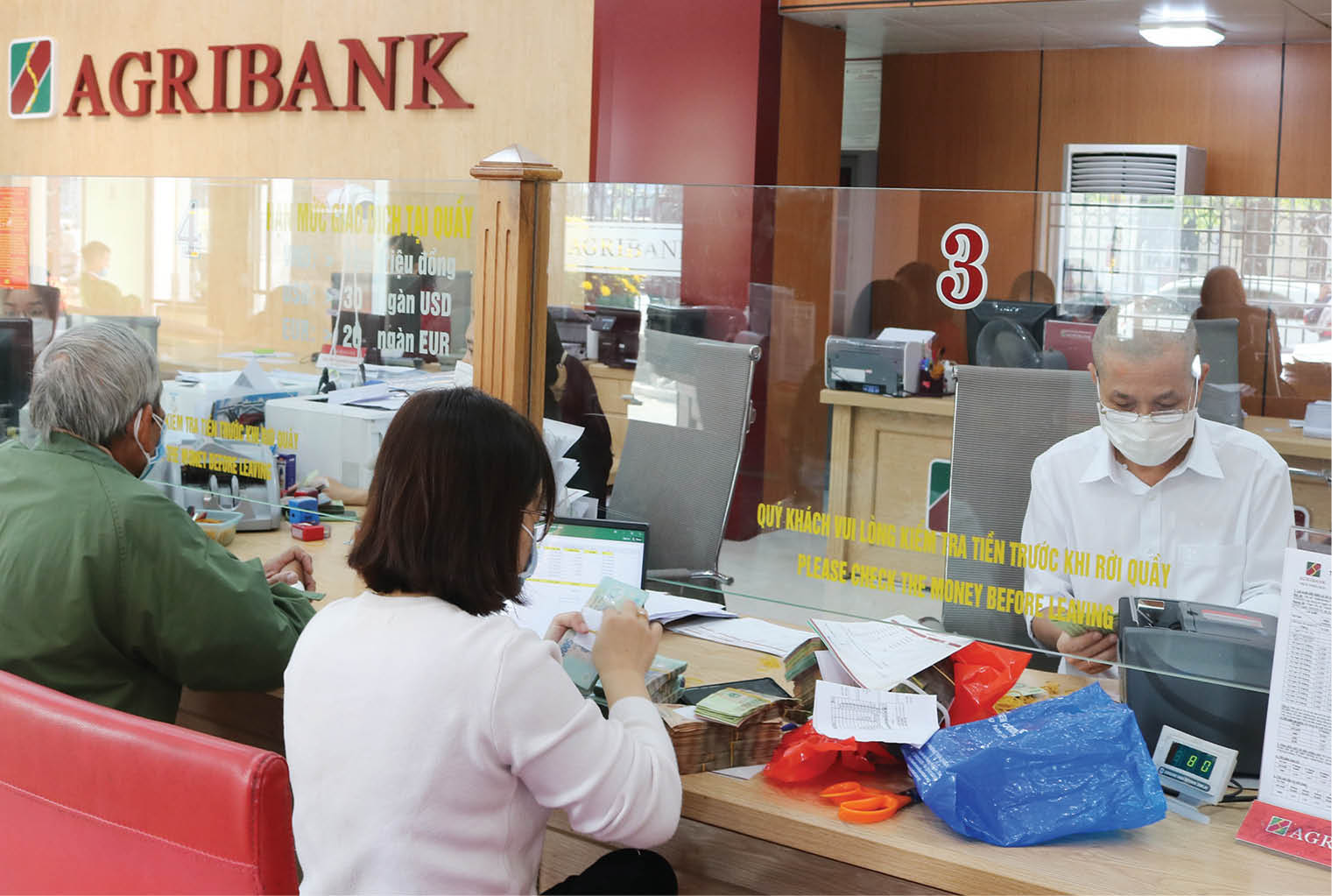
Mr. Nguyen Hoang De, Director of the State Treasury of Thua Thien Hue
Mr. Nguyen Hoang De informed that following the "Development strategy of the State Treasury system for the period of 2021 - 2030", the State Treasury of the Province will invest in building the State Treasury towards one with streamlined, effective and efficient operation, based on the modern management and governance model which serves people, businesses and State agencies, contributing to building a “safe and sustainable national finance". It is also important that we strive to complete the construction of "Digital Treasury" by 2030.
After more than 2 years of promoting the development strategy of the State Treasury system, what success has the State Treasury achieved?
The State Treasury is promoting the implementation of online public services. The "introduction" of online public services to all budget-using units (except for the security and defense sector) is an important highlight of the State Treasury system, for it has successfully fulfilled the goal of becoming a digital treasury, while at the same time, providing customers with modern transaction methods and reducing time and costs, etc.
Focusing on the development, transformation and application of a quality management system (QMS) according to national standards TCVN ISO 9001:2015 is essential and contributes positively to solving professional problems of the State Treasury agencies.
Has the implementation of online public services in the treasury industry changed?
Currently, the online public service system (OPSS) has been offered to 100% of budget-using units which register to participate (except for units in the secret sector) so that these units can send electronic documents and records to the treasury agency where the transaction is located, enabling ministries, branches and localities to make budget allocations on Tabmis (budget and treasury management system).
With 99.6% of units making transactions via OPSS, State Treasury of Thua Thien Hue has basically become a "three no’s" treasury (no cash, no paper documents, no customers transacting at the counter).
So, has the treasury system all switched to cashless payments?
In order to promote reform and modernization as well as create more convenience for the people and businesses, the State Treasury have planned to continue to expand bank coordination system to commercial banks that meet the conditions.
The State Treasury have come to an agreement with joint stock commercial (JSC) banks to expand the coordination of State budget (SB) collection and electronic bilateral payments throughout the system. Following the guidelines of the Government and the Ministry of Finance on the management of cash in payment, the State Treasury has authorized the collection and payment of cash through JSC banks.
Up to now, there have been 1,307/1.348 units using the budget to pay personal payments via their accounts; 42,829/44,160 officials and employees have made personal payments via accounts.
On the other hand, the State Treasury has cooperated with agencies in developing and diversifying modern methods of SB collection besides the traditional methods of cash payment and transfer at the bank's headquarters, such as: SB collection through national public service portal, public service portal of the collection agency, via ATM, internet banking, mobile banking, through card acceptance POS of JSC banks.

The collection coordination between banks and the State Treasury creating a driving force in promoting non-cash payments
From now to 2025, in which direction will the State Treasury operate?
To achieve the goal of completing the construction of the "Digital Treasury", the State Treasury has built and divided its development into 2 phases, in which the State Treasury will carry out synchronous and unified reforms among the Finance, Planning and Investment sectors in order to synchronize professional policies on public investment management and the state budget in the period from 2021 to 2025.
Thence, the operation of inter-connection to serve the process of public procurement and SB expenditure (online checking of estimates before bidding via the Internet, signing electronic contracts and committing to medium-term expenditures, and issuing E-invoices) can be ensured.
During this period, data digitization will be promoted. Digitization will have a strong impact on accounting, budget revenue and expenditure, which both increases the speed of transaction processing and ensures accuracy and safety. At the same time, it helps reduce operating costs and reorganize the accounting network, increase the level of constraints in internal control, thereby strengthening the anti-corruption work.
Will the period 2026-2030 see the promotion of data synchronization to complete the digitization?
In this period, the focus will still be on connecting digital data, promoting open data sharing, forming an ecosystem of open services in the state financial sector, thereby providing new services, promoting risk analysis, predictive analysis based on big data, and artificial intelligence technology, heading towards the formation of a full digital treasury.
At the same time, the State Treasury will also implement reforms on state accounting, which entails completing administrative accounting units and SB accounting. During the implementation process, an integrating and sharing platform, reporting services and open data will be built in a parallel manner right from the first stage, and be expanded at each stage to gradually form and complete the integration/sharing platform and the full open data/reporting service for the whole period of 2021 - 2030.
Thank you, sir!
By HOANG LOAN
